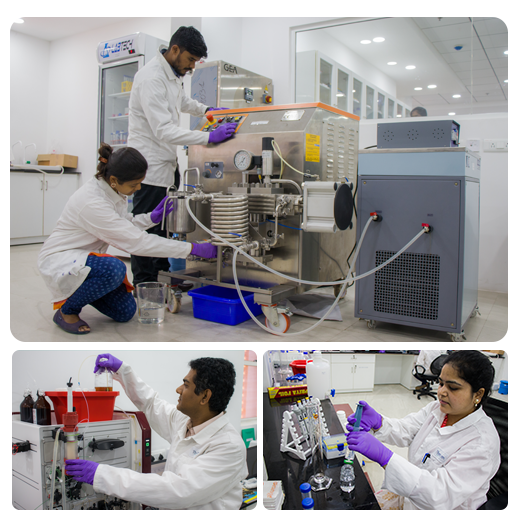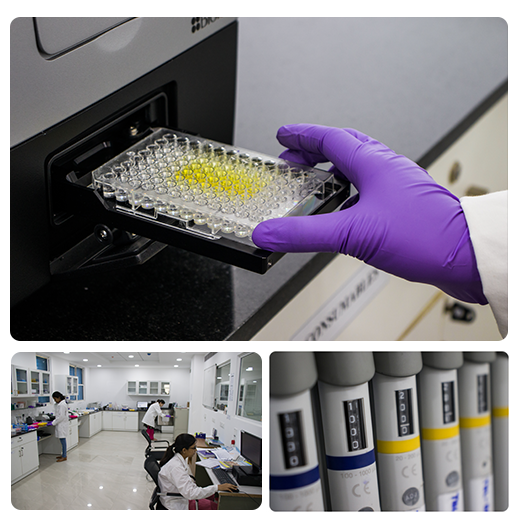Dr. Moffat joined the Donnelly Centre in 2007 after a postdoctoral fellowship at the Whitehead and Broad Institutes where he helped to develop the first lentiviral RNA interference libraries for systematic perturbation of all human and mouse genes. The Moffat lab is broadly interested in the regulation of cell growth and proliferation in cancer cells and has been developing genetic tools to identify genes encoding cancer cell surface proteins important for cellular fitness and cellular state. Together with the Sidhu lab, the Moffat lab is also developing new methods and technologies for the identification of synthetic antibody reagents against cell surface molecules that could be used as research tools for exploring protein structure and function.
- info@theragenbiologics.com
- Perungudi, Chennai
- For Enquiry






